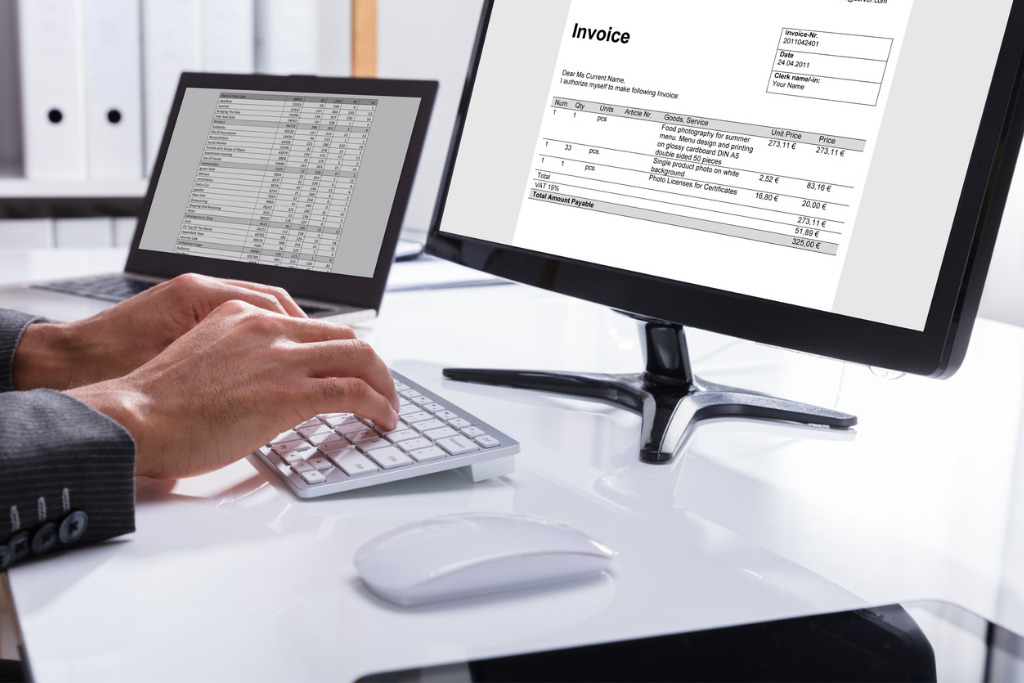When does the tenant have to pay VAT?

Why do tenants have to pay Value-Added Tax (VAT) when renting a temporary apartment in Germany?
Tenants renting a temporary apartment often have to pay VAT if they rent the apartment for less than 6 months and one day. The reduced VAT rate for short-term rentals is 7%. Otherwise private rentals and temporary apartments are not subject to VAT.
This is not because the landlord or the agencies want to charge this, instead the legislative authorities have agreed upon this charge and landlords are often asked to pay it by the fiscal authorities. For the tax office, renting a temporary furnished apartment is similar to renting a holiday home. It does not matter whether the tenant is in Berlin for professional or educational reasons.
What does this mean for the Tenant?
It means that the landlord adds, in addition to the rent, the reduced VAT rate to the overall total. This will then be shown separately in the contract. If you are self-employed, entitled to reclaim VAT, or when a company rents, it can be regarded as a transitory item. By private tenants, this is not the case.
The good news: although the rent increases by 7% per month with this tax, the final price for staying in temporary apartments is still a lot cheaper than staying in a serviced apartment, hotel, or holiday home. If you only rent for a few months, 7% VAT is not actually so much.
What happens if you extend your rental contract?
Those new to Berlin often rent temporary furnished apartments for a relatively short period of time when they arrive. They hope to find their own unfurnished apartment quickly. This is often more difficult than expected. The rent price has increased the past few years and yet the demand is still greater than what is available. Temporary tenants then decide it may be better to stay put and extend the lease on their temporary furnished apartment. This can happen, once, twice, or sometimes even more. In total their rental period could stretch up to a year or more. In any case, it is greater than the aforementioned 6 months. Theoretically, the tenant should then be exempt from paying VAT.
Sometimes the tax office agrees with this line of thought, however sometimes it does not. The tax office usually calculates from the original agreement – this would be the original short-term rental agreement. This depends on the individual tax offices and tax officer however, and cannot be generalized.
Our Tips for Short-Term Tenants
- If VAT is added to the rental price, why not consider seeing if you can commit to 6 months + straight away?
- Talk to the landlord or your rental agency. Often you can find a solution and make the total extension of your contract more than 6 months.
back to category: | The Temporary Rental Blog | Tenants | Paperwork & important stuff
